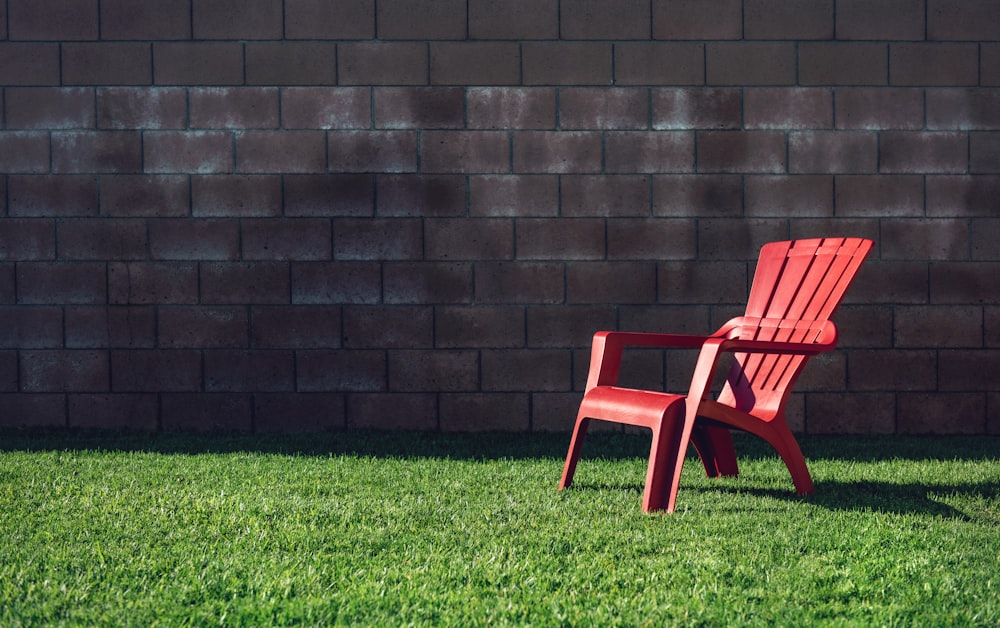You might know that the idea of the weekend, a couple days every week when we are free to relax, clean, travel, read books, do lawn work, and so on, evolved from the idea of the sabbath. The sabbath comes from the Jewish, Christian, and Muslim Book of Genesis. There, the sabbath is described as the seventh day of creation on which God rested.
For Jews, the rest day is Saturday. Christians chose Sunday because this was the day that Jesus resurrected according to the New Testament. The Emperor Constantine, who converted to Christianity, offered an official declaration in 321 CE that the day of the Sun would be an official day of rest for all in his empire.
But it wasn’t until the industrial revolution in England that the idea of a “weekend” arose. This took place as factory owners and workers agreed to extend the daylong break. For workers, this allowed a little more rest—and for many an opportunity to drink to excess and then sleep off a hangover. For bosses, it allowed more time to service machines and hopefully ensure that workers showed up fit on Monday. In 1879 the term “weekend” first appeared in print.
The erosion of the weekend
From the late 1800s onward, people in industrialized societies enjoyed two days off each week. People in agricultural societies still had to work longer days in harvest seasons, but they could hopefully enjoy greater downtime over the winter months. For over a hundred years this pattern held true.
Then, in just the last decade or so, we’ve seen the erosion of the weekend as a time set aside for leisure or personal activities. Instead, the weekend has had chunks of time carved out for additional work at primary jobs and for so-called side-gigs.
According to a recent survey, one in five American workers spends an average of 5.94 hours working each weekend and on holidays. A survey done by the American Psychological Association in 2021 also found that around sixty percent of workers are experiencing negative work-related stress. But just as our weekend has been slowly chipped away these last few years, it can restored. And just as the original weekend helped balance workers’ lives 150 years ago, it can once again bring us back into balance.
Life outside of work
In a 2017 study by Dr. Kevin Eschleman and colleagues, it was shown that people who work in non-creative jobs, such as call centers, construction, and service work, benefited greatly from doing creative things on their weekends. For them, work creates a foundation for those creative pursuits, and if work begins to creep into evenings and weekends too much, they are left without the time needed to restore themselves each week.
The same study suggested that creative workers such as writers, designers, and musicians could benefit greatly from non-creative endeavors in their time off. Much of my own work is creative in nature, and I have found this to be very true in my life. I really enjoy getting out on long hikes on the weekend.
Now that I own a house, I’m loving spending time troubleshooting maintenance and improvements. Over the last year, I even built a small shed from scrap materials I’ve gathered, learning along the way everything from laying a secure foundation to roofing and weatherproofing. Next up, a deck. My wife, too, has poured herself into work around the house, mainly creating a gorgeous large garden which has supplied us with a summer of delicious fresh fruits and vegetables.
All of this has helped us return each week to work feeling restored, even if we are also often physically tired out by our weekend physical exertions. In fact, the very fact that we’re doing hard physical work may add to our feelings of “recovery” from our work week. A study done at the Université Grenoble Alpes in France extended the findings I mentioned above by discovering that two key factors—psychological detachment from work and relaxation—were key to restoring balance for people on the weekend.
One can imagine any number of activities that constitute psychological detachment, but one important factor is that you are fully engaged in what you are doing. From water-skiing to hiking to building a dog-house, it’s important to be able to fully immerse yourself in a non-work related activity. Or, if you have a physically active job, maybe you would be better served by being immersed in great movies, books, and hammock-time under a tree.
And as for relaxation, this doesn’t necessarily mean being sedentary. Instead, it can be a slower walk through the forest or yard-work at your own pace, perhaps with a baseball game playing on the radio nearby.
Checking out of work, checking in with ourselves
However we do it, it’s increasingly clear that we all need psychological distance from our work on a regular basis. This is increasingly difficult, especially for anyone under financial pressure to turn every free moment into cash. But even that can be done in an intentional and meaningful way.
But even if you are losing time to gig-work each week, you can seek to use what free time you do have to your greatest advantage. Explore the possibilities in the world around you and, in particular, look at how they balance your work-life. It’s essential to get some distance and calm away from your work. This is where you be able to listen to your inner self, to hear the voice of your passions and deep dreams and hopes. And even if this is a place that can only be accessed from time to time, you’ll find your life much richer for keeping in touch with it while you work to create a better life around you.
 Justin Whitaker, Ph.D., holds a doctorate in Buddhist ethics from the University of London. He has given lectures, and taught Buddhist studies and Philosophy at Oxford University, the University of Hong Kong, the University of Montana, and at Antioch University’s intensive study-abroad program in India. A certified meditation teacher, he is a regular contributor to Patheos.com, and Senior Correspondent for Buddhistdoor Global. Justin is the official blog writer for Sunflower Counseling MT in Missoula, Butte, Kalispell, Billings, and surrounding areas. He lives in Missoula with his family.
Justin Whitaker, Ph.D., holds a doctorate in Buddhist ethics from the University of London. He has given lectures, and taught Buddhist studies and Philosophy at Oxford University, the University of Hong Kong, the University of Montana, and at Antioch University’s intensive study-abroad program in India. A certified meditation teacher, he is a regular contributor to Patheos.com, and Senior Correspondent for Buddhistdoor Global. Justin is the official blog writer for Sunflower Counseling MT in Missoula, Butte, Kalispell, Billings, and surrounding areas. He lives in Missoula with his family.



